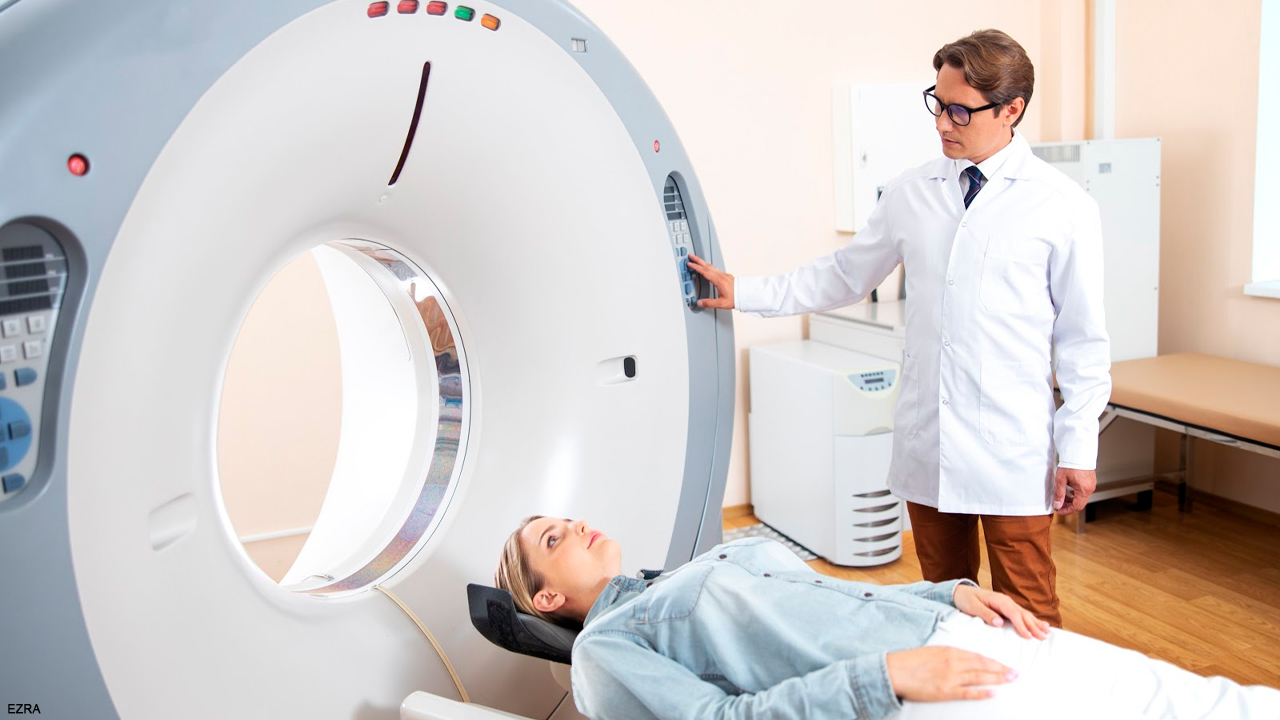When a person does not display any symptoms of a disease, a screening test is performed to look for potential health disorders or diseases. The objective is early detection, lifestyle modifications, or surveillance to lower the risk of disease or to identify it early enough to receive the best possible care.
Screening has a clinical focus because its primary goal is the early diagnosis and treatment of the individual. Screening tests are crucial because they can identify issues before they become more difficult to treat.
Different types of screening
- Cancer screening
- PPD test to screen for exposure to tuberculosis
- Beck Depression Inventory to screen for depression
- Bitewing radiographs to screen for interproximal dental caries
- SPAI-B, the Liebowitz Social Anxiety Scale and Social Phobia Inventory to screen for social anxiety disorder
- Screening for potential hearing loss in newborns
- Screening for metabolic syndrome
- Bitewing radiographs to screen for interproximal dental caries
- Screening of potential sperm bank donors
According to National Center for Biotechnology Information “Cancer is one of the leading causes of adult deaths worldwide. Every year about 14 million new cancer cases are detected and 8 million people die of cancer. In India, cervical cancer contributes to approximately 6–29% of all cancers in women.”
According to the Centers for Disease Control and Prevention “Among women in India aged 30–49 years, less than one third (29.8%) reported ever having been screened for cervical cancer."
Early detection could prevent kids from being wrongly labeled as having a learning disability or as ineligible for special education services and support. The accuracy of screening tests is not perfect. A "false positive" is when you are told you have a problem when you actually don't. This can result in some people getting unnecessary additional testing or treatment as a result of screening. Still screening should be done for getting rid of unwanted hassles.

 The public's health has greatly benefited from screening tests that have been shown to make people live longer or better. In medicine, screening is a technique used to look for conditions or risk factors that have not yet been identified.
The public's health has greatly benefited from screening tests that have been shown to make people live longer or better. In medicine, screening is a technique used to look for conditions or risk factors that have not yet been identified.









.jpeg)






.jpg)




.jpg)





.jpeg)
